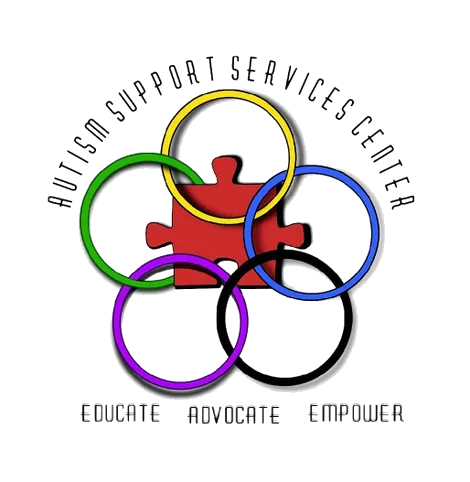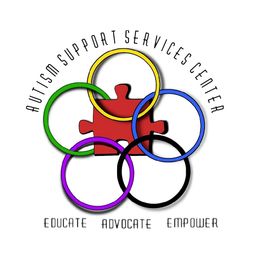1 IN 36 CHILDREN ARE DIAGNOSED WITH AUTISM
SO WHAT IS AUTISM SPECTRUM DISORDER?!

Think Brain
According to the National Institute of Neurological Disorders and Stroke (NIH), autism or autism spectrum disorder (ASD), is a group of complex neurodevelopment disorders that affects the brain and the nervous system.
The term spectrum refers to the wide range of symptoms, skills, and levels of disability in functioning that can occur in people with autism. Some children and adults with autism are fully able to perform all activities of daily living while others require a lot more support to perform basic activities (NIH).
What are some common signs of autism?
Sometimes babies can become overly focused on certain objects, barely make eye contact, and may not babble ( baby talk or make sounds) with their parents or with other people. They may not meet milestones as other babies. Also, children can develop normally until their 2nd or 3rd year of life.
Is your baby meeting their milestones? Checkout this link below https://www.cdc.gov/ncbddd/actearly/milestones/index.html. Think about keeping a journal of your child's development, it can be helpful if you have concerns later.
Some children with ASD may have delayed speech and language skills, they may repeat phrases or words. Some children may point to what they want or grab your hand and try to encourage you get what they want. Also, some children may give unrelated answers to questions. In addition, people with ASD can have a hard time using and understanding non-verbal cues such as waving goodbye, body language, or tone of voice.

For example, young children with ASD might not understand facial expression. Further some people with ASD may speak in a flat, robot-like or a sing-song voice. Additionally, people with autism may have very few things they like to talk about and they may not be able to talk to you about other stuff.
Many children with ASD engage in repeated movements or odd behaviors such as flapping their arms, rocking from side to side, lining things up or twirling. They may become overly interested with parts of objects like the wheels on a toy truck. Children may also become obsessively interested in a particular topic such as airplanes or memorizing train schedules. Many people with ASD seem to thrive so much on routine that changes to the daily patterns of life — like an unexpected stop on the way home from school — can be very challenging. Some children may even get angry or have emotional outbursts, especially when placed in a new or overly stimulating environment.
It's also important to note people with ASD also have a higher than average risk of having epilepsy. Children whose language skills regress early in life — before age 3 — appear to have a risk of developing epilepsy or seizure-like brain activity. About 20 to 30 percent of children with ASD develop epilepsy by the time they reach adulthood. Additionally, people with both ASD and intellectual disability have the greatest risk of developing seizure disorder.
Learn More

